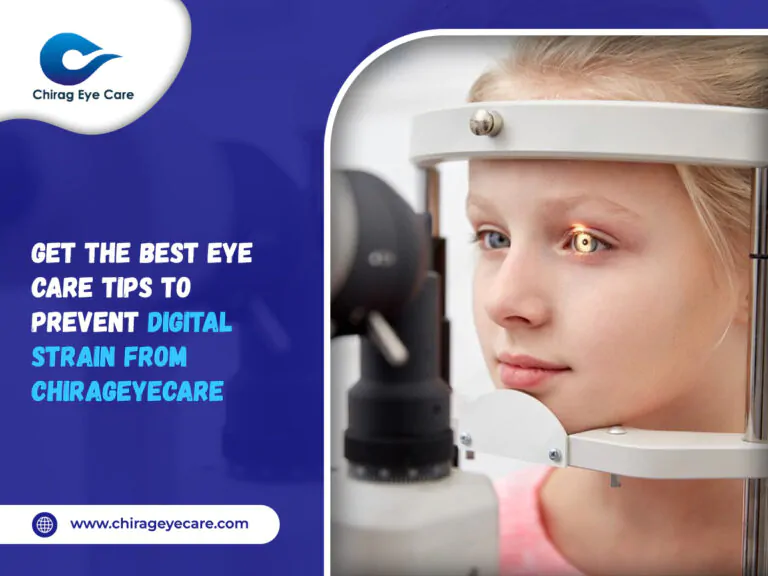The Link Between Eye Health and Systemic Diseases: Exploring the Connections
Introduction
The eyes are not just windows to the soul; they can also provide valuable insights into a person’s overall health. The link between eye health and systemic diseases has gained significant attention in the medical field. The eyes can show signs and symptoms of various systemic conditions, such as diabetes, hypertension, autoimmune disorders, and more. In this blog, we will delve into the connections between eye health and systemic diseases, exploring how certain eye conditions can serve as indicators of underlying health issues and the importance of regular eye examinations in detecting and managing systemic diseases.
- Eyes as Indicators of Systemic Health
The eyes are interconnected with the rest of the body through complex networks of blood vessels and nerves. As a result, changes in the eyes can reflect underlying systemic health conditions. Here are a few examples:
- Diabetes: Diabetic retinopathy is a condition that affects the blood vessels in the retina. It is a common complication of diabetes and can be an indicator of poorly controlled blood sugar levels.
- Hypertension: Hypertensive retinopathy occurs when high blood pressure damages the blood vessels in the retina. Detecting signs of retinopathy can help diagnose and manage hypertension.
- Autoimmune Disorders: Conditions like rheumatoid arthritis, lupus, and Sjögren’s syndrome can cause dry eye syndrome, inflammation of the eyes, and other ocular manifestations.
- Importance of Regular Eye Examinations
Regular eye examinations play a crucial role in monitoring both eye health and systemic well-being. Here’s why they are important:
- Early Detection: Eye exams can detect signs of ocular conditions that may be linked to systemic diseases. Catching these signs early can prompt further evaluation and potential early intervention.
- Comprehensive Assessment: Eye exams involve more than just checking visual acuity. They also include evaluations of the optic nerve, retina, blood vessels, and other structures. These assessments provide valuable insights into both eye health and potential systemic issues.
- Collaboration between Eye Care Professionals and Healthcare Providers: Eye care professionals often collaborate with other healthcare providers to ensure comprehensive care. This collaboration can help identify and manage systemic conditions that may impact eye health.
- Lifestyle Factors and Prevention Maintaining good overall health can contribute to better eye health and reduce the risk of systemic diseases that can affect the eyes. Consider the following factors:
- Healthy Diet: A well-balanced diet rich in fruits, vegetables, and omega-3 fatty acids can support both eye health and overall well-being.
- Regular Exercise: Engaging in physical activity can improve blood circulation, including to the eyes, and help manage systemic conditions such as diabetes and hypertension.
- Avoiding Smoking: Smoking has harmful effects on both eye health and systemic health. Quitting smoking can have significant benefits for both.
Conclusion
The link between eye health and systemic diseases underscores the importance of regular eye examinations and the role of eye care professionals in detecting and managing potential health issues. By monitoring eye health, collaborating with other healthcare providers, and practicing a healthy lifestyle, individuals can take proactive steps towards preserving both their vision and overall well-being. Remember, regular eye exams are not just about clear vision; they are an essential part of maintaining optimal health.







